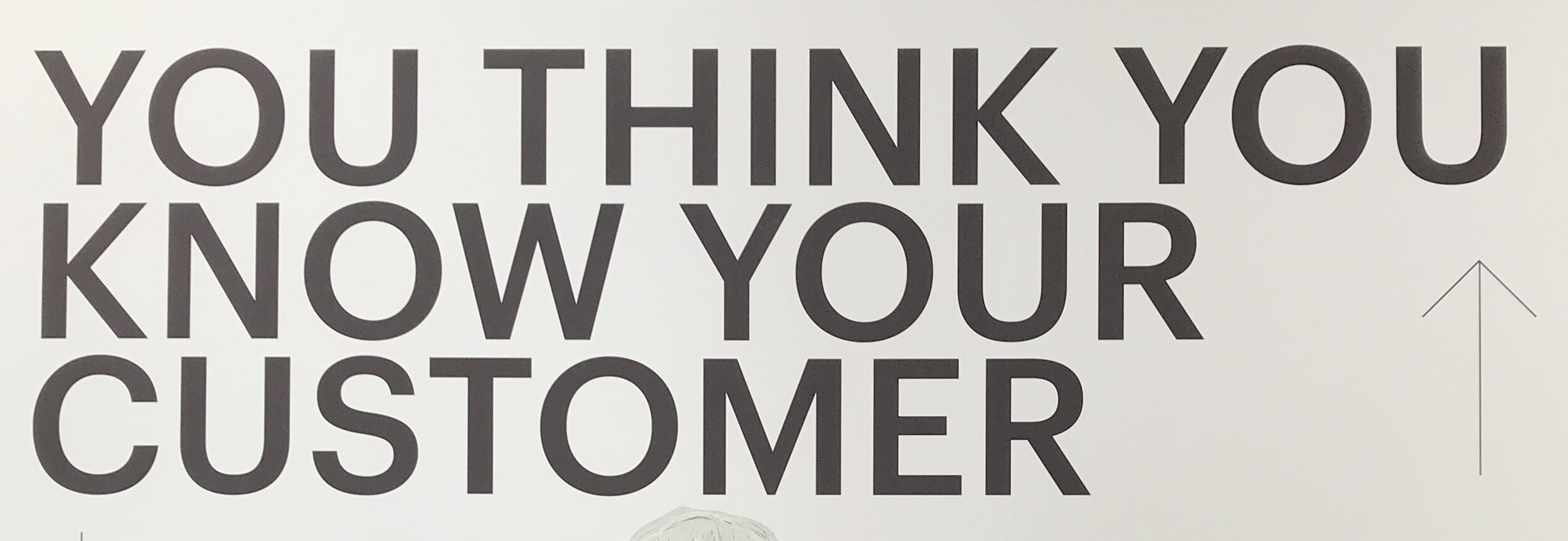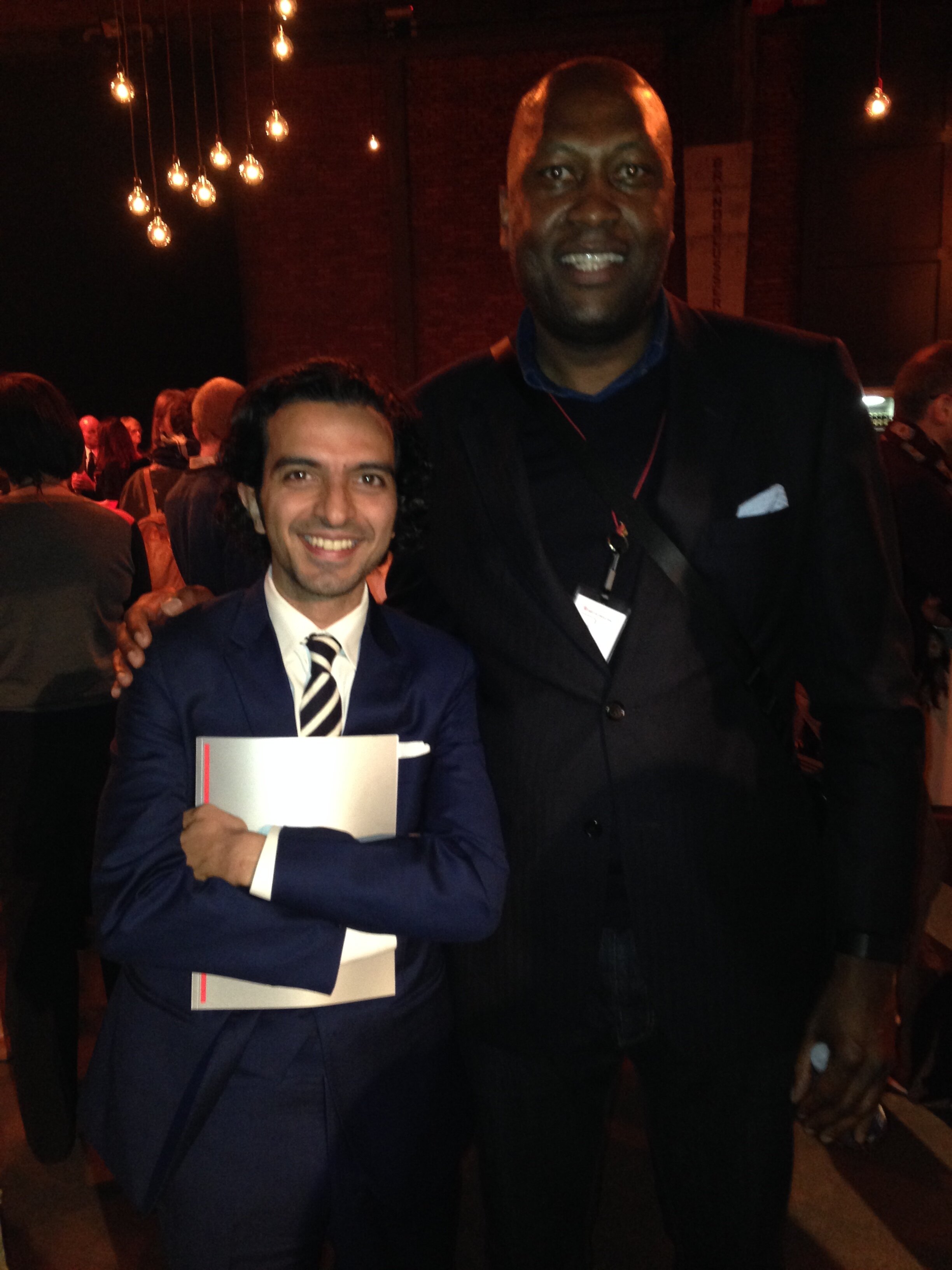How much is kindness worth to you?
To me, success is an ongoing process of striving to become more. It is the opportunity to continually grow emotionally, socially, spiritually, intellectually and financially while contributing in some positive way to others. I think the road to success is always under construction.
I am always impressed and grateful when I meet smart people. In reality, what I admire most in people is kindness, humility, optimism, generosity and shared knowledge. Therefore, I think that no matter how educated, talented or rich you are, how you treat people will ultimately reveal all.
Military Alphabet
Should you trust your gut?
““The intuitive mind is a sacred gift, and the rational mind is a faithful servant. We have created a society that honors the servant and has forgotten the gift.” - Albert Einstein”
Basically
I think you need these 3 things in sales and you need them now more than ever before:
CLARITY (who are you, what you offer and why it’s different)
FOCUS (who you want to serve and what problems you want to solve)
DECISIONS (where to find great clients, what to sell and at what price)
I Don't Know
c/o The Independent
I think that the three most powerful words are “I don’t know”.
It’s OK not to have a strong opinion on topics outside of our expertise and I am not a medical professional so many of my answers in 2020 have ended with “I don’t know.”
What comes out is what's inside
c/o The Economist
“When you squeeze an orange, you’ll always get orange juice to come out. What comes out is what’s inside. The same logic applies to you: when someone squeezes you, puts pressure on you, or says something unflattering or critical, and out of you comes anger, hatred, bitterness, tension, depression, or anxiety, that is what’s inside. If love and joy are what you want to give and receive, change your life by changing what’s inside.” - Wayne Dyer
Are you aware?
I think that one has to remain open-minded to the fact that there are 6 billion people around the world who are not European or North American, and they buy an awful lot of stuff.
Perhaps it would be a good idea to start asking some questions about these consumers, for example:
- Why do they buy it?
- How do they buy it?
- What are they using to buy it?
- Who’s serving them?
- How do they serve?
Reality check
Don’t count on someone coming to rescue you.
Don’t count on someone to give you big breaks.
Don’t count on someone standing up for you.
You have to do these things for yourself.
Seek and you shall find
I have always watched what happens when people visit stores, where do they go and what do they talk about? They are not going to tell you, but they will give it all away by the stories they tell while under observation. A common mistake marketeers make is assuming that other people see the world the way you see the world. This takes the form in thinking that other people believe what you believe, thinking that other people fear what you fear and everyone wants what you want. And when you are a marketeer, this is always a mistake!
Each of us walks around with a world view that we are certain is true. Our belief about money, about strangers, about places, etc., we think that it is true and that’s why it’s so hard to have a rational conversation with someone who holds opposing views on politics, race or religion. This is because their world view has surrounded them with enough narrative that they are sure they are right. It does not matter if you have scientific evidence, they do not want to believe you because that’s who they are at that moment. I certainly know that my world view is not the the truth of the world.
Apple CEO Tim Cook
What Tim Cook understood when he took over at Apple is that many people don’t buy Apple products because they are better, they buy them because their status goes up. People will queue overnight to get the latest Apple device because they feel good when other people see what’s in their hand and their status goes up.
There has not been one important innovation has happened under Tim Cook’s leadership, this is not a criticism, as he developed the biggest, most profitable luxury brand in history. Apple just use the technology ratchet to turn a handle on status and luxury. Tim Cook and his team understand this simple formula and all they had to do was watch what was happening in an Apple Store.
Contact me if you would like me to look at your processes …
I Can See Clearly Now
I’m a sales guy by nature and have done really a lot of selling. Basically, there are two elements of selling - starting the conversation that leads to a meeting and closing the deal.
I think SALES is a performance profession! The challenge is how to accurately and fairly measure results. Most companies teach their sales team how to take an order and how to make presentations, which is fine, I think what they should also be teaching is how to ask open ended questions. You can read all the books and study it, in reality, unless you are applying it everyday, building systems and habits around it, it’s just information.
I have a passion to help others achieve their goals and exceed their own expectations with over 20 years experience of contributing to and leading organisations within retail, wholesale, marketing and branding.
Contact me if you are interested in hearing more…
Happiness is not a strategy
Action speaks louder than words
How to get our attention?
c/o British Vogue
A vision usually comes from an individual. An entrepreneur. They make their companies and the whole world share the values to which they are attached. Luciano Benetton had a clear image of a world without interracial hatred.
Back in the days the “United Colours of Benetton” campaigns were groundbreaking. AIDS, racism, homosexuality and religion were important issues and Benetton was the brand that provoked the establishment. It’s a real shame that their voice has gone flat.
c/o Wallpaper
I think that when you close your eyes, you see your inner world and when you open them, you see the outside world as it presents itself. If you keep one eye open and the other one closed, your sight is blurred, but you find your vision. Remember that when you look through a telescope, you have to close one eye if you want to see farther!
Hunter vs. Farmer
Traditional salespeople are often compared to hunters, as they stalk their prey (new leads) in the hope of a killing (closing the sale), so that they can return to the tribe with food (revenue). In contrast, farmers plant seeds and nurture crops that will eventually grow over time into food, in other words, farmers prefer to develop long-term relationships and customer loyalty.
Both hunters and farmers have the same objectives and their own set of challenges, I think the farmer has a major advantage over the hunter. While the hunters must go into new territories each day to stalk their prey, farmers stay in one place, planting new seeds and reaping the fruits of their efforts on the same ground they have toiled over already. In return, the land they till becomes infinitely more valuable because it can consistently reap a harvest without going through the hits and misses off hunting.
It’s no different in business, as all salespeople share the same ultimate goal: generating revenue. The big difference is in the tactics they use. Farmers take the time to lay the groundwork for sustained success, they educate themselves on the tactics and techniques of persuading their audience to act by building their own authority in their space. Granted, some hunters also do this too, and the smart ones also think like farmers.
During the current pandemic, I have had the opportunity to look closely at my competencies and roles that I have played throughout my career. I have been both a hunter and farmer, I think that creating contact, trust and credibility are the defining competencies in both roles as increasing revenue and penertrating deeper into the existing client base is fundamental in sales.
Burrellism
“What is written without any sense is read without any sympathy.”
You Know What I Mean
We currently live in an information-rich, time-poor world and as a result, it is easy for us to behave like rats - in other words, we see an opportunity (stimulus) and we jump at it (response). The great thing about being human (aside from our ability to use a TV remote) is that we can exercise choice. So unlike one of B.F. Skinner's rats, our behavioral equation is Stimulus > Choice > Response.
The challenge is that sometimes we move so fast we whoosh right past our choice and feel like we are simply reacting to the multitude of stimuli - demanding customers, boss' deadlines, screaming children, "you've got mail" notifications, web page pop-up ads, Facebook status changes, GPS voices telling us to "veer right", text tones on our phones, etc. So, to help you intentionally respond to inbound opportunities and requests, here are four useful questions:
Does it interest me?
Do I have the resources (skills, money, contacts, knowledge) to make a positive impact?
Do I have the time (our most precious resource) for it?
Can I make the personal commitment necessary to be successful or fulfill the demands?
These questions reveal a thought process that highly successful people use to live intentionally. They never lose sight of the "C" - choice.
The choice is ours. Our success can be accidental or intentional. Choose to live intentionally.
Curiosity Killed The Cat
This week, I have observed the most articulate 2 year old, Isiah is his name. His line of questioning revolved around, “Why? Why is it like this? Which invariably led me to ask the question, “Why can’t it be different?”
I think discovery is seeing what everybody has seen and thinking what nobody has thought.
My process revolves around the 4 D’s (discover, define, develop and define) and therefore, always starts with discovery…
Facts on Friday
This quote from Alfred D’Sousa has always been a favourite of mine: “For a long time it seemed to me that life was about to begin - real life. But there was always some obstacle in the way, something to be gotten through first, some unfinished business, time still to be served, a debt to be paid. At last it dawned on me that these obstacles were my life”.
I think ife and work will always be messy, therefore, trouble shooting, firefighting and problem solving are how we spend a lot of our time so, let’s make sure we enjoy it.
Remember “Happiness is a journey not a destination and complaining is not a strategy.”
Throwback Thursday
Imran Amed, founder and editor-in-chief of The Business of Fashion and I were keynote speakers at Fashion Talks, Antwerp (October 2013).






















